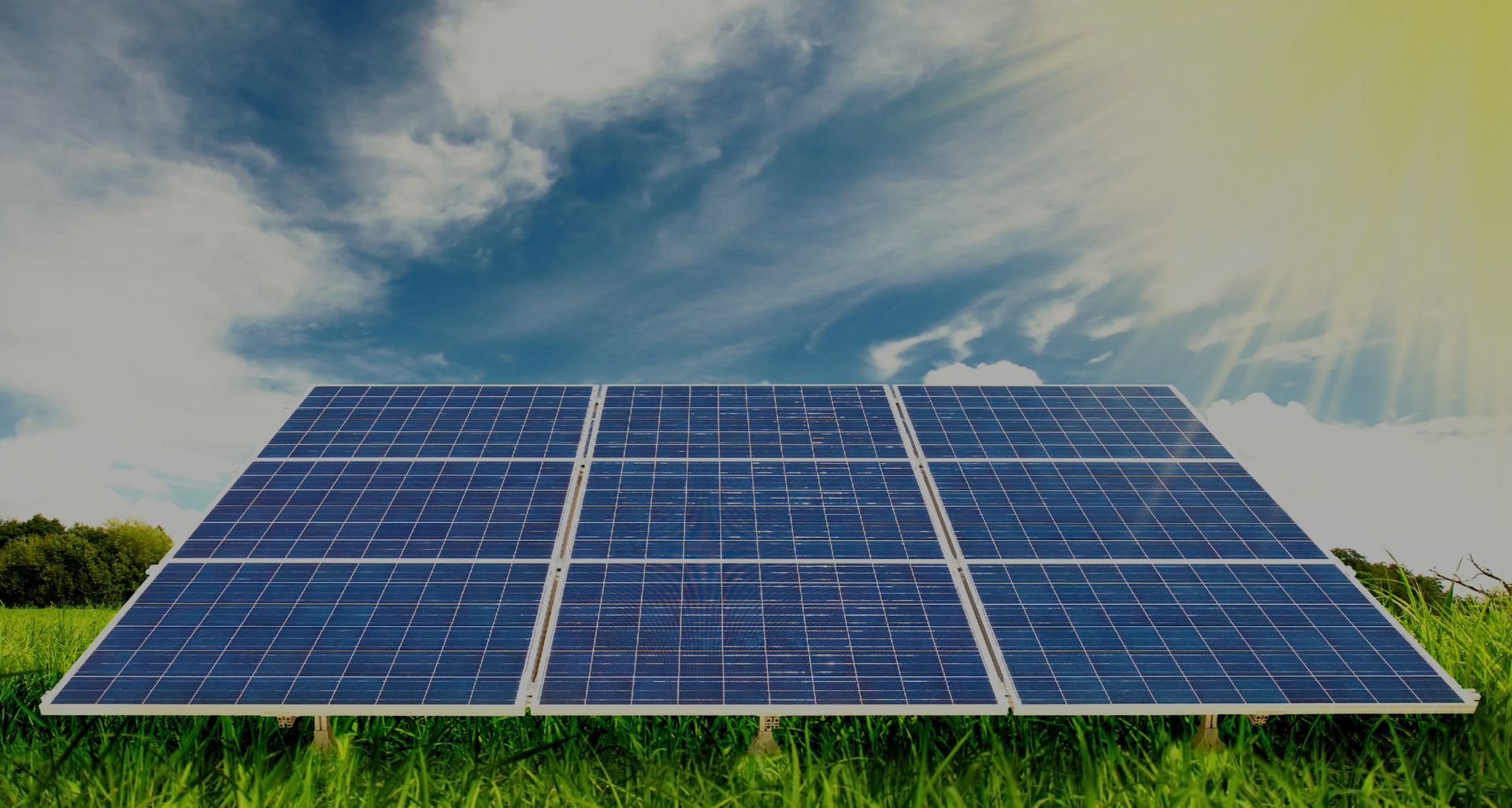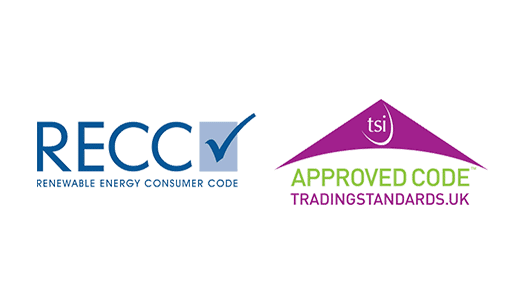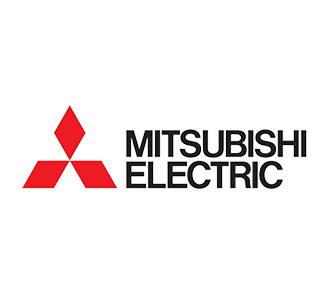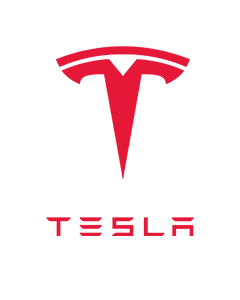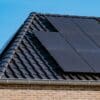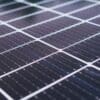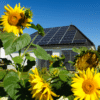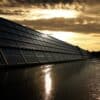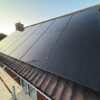Solar panels, which harness the force of the sun to produce clean and sustainable energy, are becoming increasingly popular as a means of generating electricity. Photovoltaic (PV) cells in these panels turn sunshine into electricity, providing a dependable and cost-effective alternative to traditional energy sources. Solar energy use has increased considerably in recent years, as more individuals seek to decrease their carbon footprint and save money on their energy bills.
When purchasing a solar PV system, it is critical to understand the lifespan of the panels. This may help you make informed decisions about solar panel installation and maintenance, as well as ensure that you get the most value out of your investment. Understanding the lifespan of solar panels can assist you in planning for maintenance and replacements, as well as assessing the overall cost-effectiveness of solar energy as a long-term investment. In this tutorial, we will present an introduction of solar panel lifespan and investigate some of the factors that can affect their longevity.
Quality of materials and manufacturing
The quality of materials used in solar panel manufacture can have a considerable impact on their lifespan. Better quality materials may last longer and be more resistant to wear and tear, but lesser quality materials may decay faster. Furthermore, the manufacturing method can influence the longevity of solar panels. High-quality panels with strong quality control systems may be more reliable and long-lasting than those that are not.
Environmental factors
Environmental conditions can also have an impact on the lifespan of solar panels. Extreme heat or cold, high winds, and hail can all cause damage to solar panels, lowering its efficiency and lifespan. Furthermore, the temperature at which solar panels work might have an impact on their longevity. High-temperature panels may endure increased wear and tear over time, limiting their lifespan.
Maintenance and upkeep of solar panels
Regular solar panel maintenance and care might assist to extend their lifespan. Frequent cleaning of panels can help to remove debris and dust that might impair panel efficiency. Furthermore, routine inspections can aid in the early detection of possible problems, allowing for repairs or replacements to be made before substantial damage occurs. Finally, fixing defective parts or updating to newer technology can help solar panels last longer.
What is the average lifespan of solar panels?
Different types of solar panels and their lifespans
Solar panel lifespan varies based on the type of panel utilised. Most solar panels have a 25-30 year lifespan, although some panels can survive even longer. Monocrystalline solar panels have an average lifespan of 25-30 years, but polycrystalline solar panels have a slightly shorter lifespan of 20-25 years. Thin-film solar panels typically have a lifespan of 15-20 years.
Expected decrease in efficiency over time
The effectiveness of solar panels may decline over time as they age. This is a normal occurrence with any form of technology and is to be expected. The rate at which efficiency degrades, however, varies depending on the quality of the panels and the conditions in which they are operated. After 25 years of service, most solar panels will retain roughly 80% of their original efficiency, however some panels may perform better. Frequent maintenance and repair might help to slow the gradual loss of efficiency.

Signs that your solar panels may need maintenance or replacement
Decrease in energy output
A decrease in energy output is one of the most common signals that your solar panels require repair or replacement. If you discover that your solar system is producing less energy than it used to, it could be a sign that the panels are losing efficiency or have been damaged. Frequent monitoring of energy production can aid in the early detection of variations in output, allowing for rapid repairs or replacements.
Visible damage or wear and tear
Visible damage or wear and tear on solar panels might also indicate the need for maintenance or replacement. Cracks, cracks, and other physical damage can limit solar panel efficiency and pose a safety issue. Furthermore, wear and tear, such as discolouration or corrosion, can have an impact on the performance of solar panels over time.
Age of solar panel and warranty expiration
The age of your solar panels might also influence whether maintenance or replacement is required. If your solar panels are nearing the end of their useful life, it may be time to replace them. Also, if your solar panels’ warranty has expired, it may be more cost-effective to replace them than than invest in costly repairs. Frequent inspections and maintenance can assist in identifying any problems early on and extending the life of your solar panels.
Prolonging the lifespan of your Solar Panels
Regular cleaning and maintenance
Frequent cleaning and maintenance can help your solar panels last longer. Over time, dirt, dust, and debris can collect on solar panels, lowering their efficiency and output. Frequent cleaning can aid in the removal of impurities and the restoration of the panels’ performance. Furthermore, frequent maintenance inspections can detect any problems early on, allowing for quick fixes and reducing the danger of more catastrophic damage.
Upgrading or replacing faulty parts
If you discover that specific components of your solar system are not functioning properly, you may need to upgrade or replace them. Faulty parts can impair the performance of the complete system and can also contribute to lower efficiency and output. Updating or replacing these elements can assist to restore your solar system’s functionality and extend its lifespan.
Investing in high-quality solar panels
Investing in high-quality solar panels will also help your solar system last longer. High-quality solar panels are frequently constructed with long-lasting materials and innovative production procedures, which improves their resistance to wear and tear and extends their lifespan. Furthermore, high-quality solar panels frequently come with extended warranties, which provide additional protection and peace of mind.
By following these tips, you can help to prolong the lifespan of your solar panels and ensure that your solar system continues to provide reliable and efficient energy for years to come.

To conclude
Knowing the lifespan of your solar panels is critical for ensuring that your solar system continues to supply dependable and efficient energy for many years. Understanding the elements that can affect the lifespan of your solar panels allows you to take efforts to extend their life and reduce the chance of expensive repairs or replacements.
The quality of materials and production, environmental elements such as weather and temperature, and maintenance and upkeep are all factors that might affect the longevity of your solar panels. Solar panels have varying lifespans, with monocrystalline panels often lasting longer than polycrystalline panels.
Solar technology continues to grow at a quick pace, with new inventions and enhancements being created on a regular basis. We should expect to see even more widespread use of solar energy in the coming years as solar technology gets more efficient and cost-effective. You can be a part of this exciting future and help to create a more sustainable and ecologically friendly world by investing in high-quality solar panels and taking actions to extend their longevity. To learn more contact us today.

